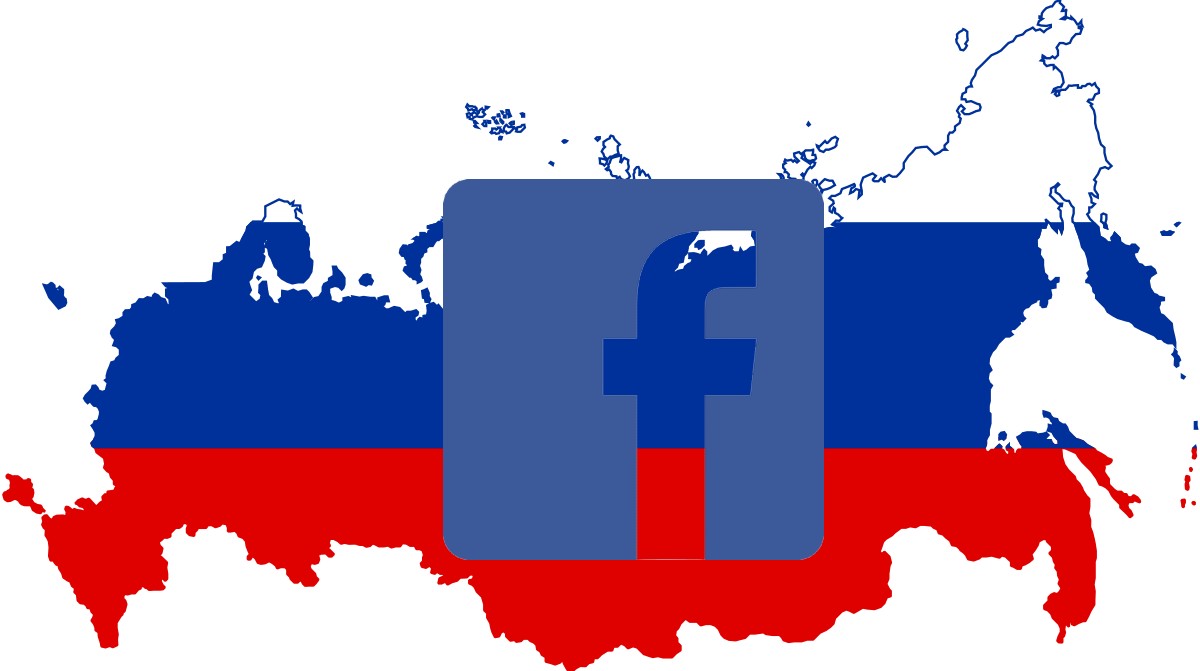Even before the main military operations and true destruction, the Russian-Ukrainian war was accompanied by information attacks and propaganda. Strong propaganda allowed us to speak in military language referring to information as well. Naturally restricting the movement of media working on the spot and the creation of content.
On the first day of the Russian invasion of Ukraine, the Russian censorship body Roskomnadzor told the media that they “are obliged to use only information and data obtained from Russian official sources” because it is “reliable and up-to-date” information.
Roskomnadzor called the operations in Luhansk and Donbas regions a “special operation” and warned that it had the right to immediately block those Internet publications that spread false news (i.e., information received from unofficial sources). And also to fine the accused media outlet up to 5 million rubles.
On February 24, the information war reached Facebook, the presence of several Russian media outlets was restricted on the social network (Zvezda TV, RIA Novosti, lenta.ru, gazeta.ru). Roskomnadzor stated that the step was considered a discriminatory approach and that Meta did not explain why it had restricted those platforms, instead, it ignored their letter.
It should be noted that these four news platforms mainly have the function of spreading state propaganda.
Meanwhile, Facebook started experimenting with its restrictions (labeling, further reducing visibility) in 2017 with the introduction of a fact-checking system. Independent examiners are involved in verifying the facts. A similar attempt took place in Armenia during the 2021 snap parliamentary elections.
On February 25, the Russian Foreign Ministry and the Prosecutor’s Office concluded that Facebook was involved in “violations of fundamental human rights and freedoms, including those of Russian citizens.” And according to that, Roskomnadzor decided to partially restrict the access of Facebook in the territory of the state.
The consequences of that decision are still unknown, depending on the intensity and rate of the restrictions. It is possible that the process of joining Facebook is slow, as has been the case with Twitter for a year now, where the loading speed of videos has sharply decreased. It is not ruled out that Facebook may be completely blocked in Russia for some time.
It is obvious that the Russian part of Facebook is unlikely to leave Facebook, but it is going to move to other social networks, mainly Telegram. Tips for bypassing the restrictions are spreading.
Martial law and curfew have been in force in Ukraine since February 24, which already implies restrictions on the media as well. According to the new law adopted in 2021, martial law in Ukraine can become the basis for a change of government. In that case, military officials will be in the role of the head of state, for example, the commander of the Armed Forces.
At which point the military authorities will decide on the mode of operation of the media, the restrictions on mobile communication, the Internet, and what sanctions can be applied (up to the closure of the media, publishing houses, confiscation of filming equipment, and confiscation of property). But these are only possibilities.
And the reality is that the news that reaches the world about the Russian-Ukrainian war is full of manipulative and propaganda content, staged and false reports. We have gone through that road and seem to have become more cautious and careful about fakes.
For example, we understand very well that Russian official sources do not report on their victims, and consider Ukrainian official statements (about captives, deaths) unreliable.
Of course, it is difficult to accept that the restriction of information is good. Especially after the Armenian-Azerbaijani war of 2020.
Nune Hakhverdyan







